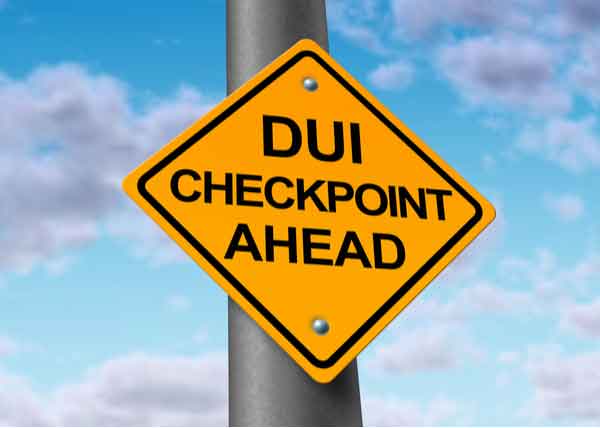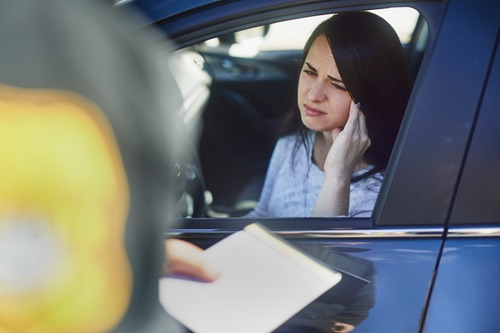Perhaps the most common question I receive when people learn what I do for a living is “how do I avoid a DUI arrest?” The answer is both simple and complicated and one needs to distinguish between an arrest and a conviction.
Police officers are given broad authority to enforce the laws and the proof needed to take a person into custody on a charge is quite low. The only real way to avoid being arrested is to never get inside a vehicle of any type. A simple search of the internet can find instances of people who were arrested on suspicion of DUI where it was ultimately determined they had no alcohol or drugs in their body. You can find one example here and another here. There are even instances where police allege the passenger in the vehicle was the driver.
These people had to hire attorneys and wait months for the test results to be returned before having the charges dismissed. Even with zero alcohol or drugs in their systems, these people were arrested. Officer’s make mistakes, sometimes they embellish their reports, but the bottom line is people are arrested for DUI when they should not be. They only way to avoid this is to not be in a motor vehicle. This is where it gets complicated.
In our society, and with the way the laws have been drafted and interpreted, once an officer claims to smell the odor of alcohol or marijuana, the person stopped is going to be arrested. It’s what that person does after that can significantly impact if they are going to be convicted.
Once stopped by a police officer the best thing to do it to be politely silent and let the officer know that you will not answer any questions, will not perform any sobriety tests or blow into the roadside breath testing device the officer says is needed “to determine if you’re safe to drive”. The officer already doesn’t think you are safe to drive, or you would not have been pulled over and detained.
In the State of Indiana, the only thing you are required to do is provide a chemical test sample for a certified chemical test if the officer requests it from you. Whether the officer has probable cause to ask for that test is not going to be resolved on the roadside. Take the certified test and let the Rathburn Law Office P.C. make that challenge in court. We will discuss in later postings the intricacies Indiana’s Implied Consent law. The most important thing to understand and remember at this point is that, depending on your driving record, if you refuse to take the certified chemical test, your driving privileges will be suspended for a minimum of one year and maybe up to two years. There are no specialized driving privileges available when you refuse.









